The White House confirmed on Tuesday that President Donald Trump will impose a new wave of tariffs on Wednesday, escalating fears of a deepening global trade war. The announcement, set for 4 p.m. ET in the Rose Garden, marks the culmination of weeks of warnings and speculation.
White House spokeswoman Karoline Leavitt said the plan includes reciprocal tariffs on countries that impose duties on U.S. goods—effective immediately—and a 25% tariff on auto imports, taking effect on April 3. Treasury Secretary Scott Bessent told lawmakers the reciprocal tariffs will act as a cap, subject to change if foreign governments meet U.S. demands.
Trump has labelled April 2 as “Liberation Day,” casting the move as a reset of America’s global trade position. He argues that lopsided deals have fuelled a $1.2 trillion trade deficit and undercut U.S. workers and manufacturers.
The details of the tariffs remain closely held. Reports suggest the administration is considering duties of about 20% on imports from most nations. Another option involves a more targeted tariff package. Aides have floated the idea of redistributing tariff revenue—projected at over $6 trillion—as rebates to Americans.
While the White House dismissed advance reporting as speculation, the announcement has already triggered global concern.
Canada’s Prime Minister Mark Carney vowed retaliation, saying Canadian producers wouldn’t be left behind. He discussed coordinated resistance with Mexican President Claudia Sheinbaum, highlighting the need to defend North American competitiveness without sacrificing sovereignty.
In the U.S., businesses and households are bracing. Economists at the Federal Reserve Bank of Atlanta said tariffs are expected to increase prices and reduce hiring. The Yale University Budget Lab estimates a 20% tariff would cost the average household at least $3,400.
Wall Street has already reacted. Nearly $5 trillion in market value has been wiped out since mid-February, as investors anticipate trade disruptions and higher inflation. The Institute for Supply Management reported falling U.S. manufacturing activity in March, while input costs hit a three-year high. Factory managers cited tariffs as the main threat.
Globally, factories in Britain, Japan, and the U.S. saw activity slump last month as firms rushed to ship goods ahead of potential duties.
Trump remains unmoved. His administration says the tariffs are the price of restoring American dominance and protecting industries from decades of “unfair” global competition. Whether the world accepts the cost is another matter.
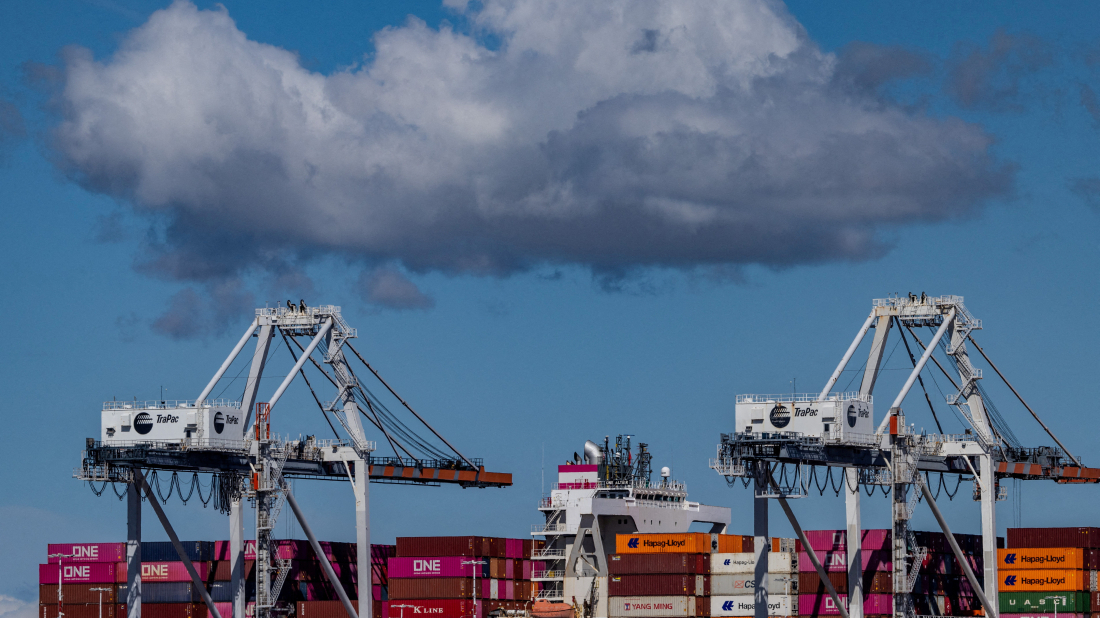
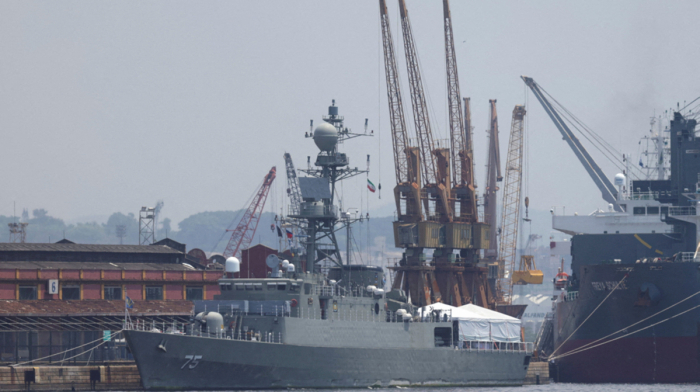
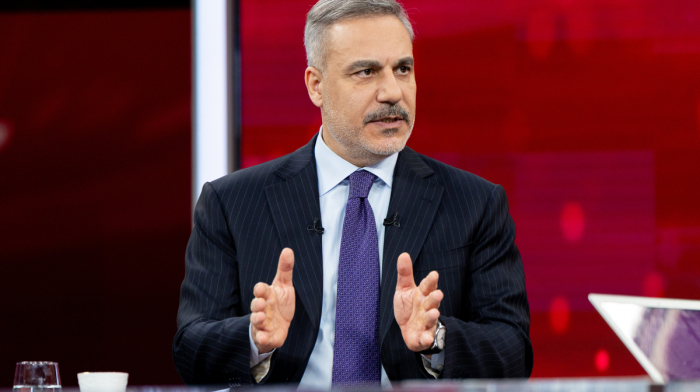
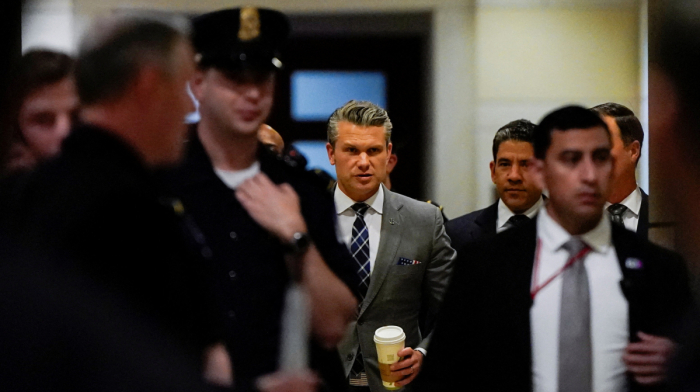

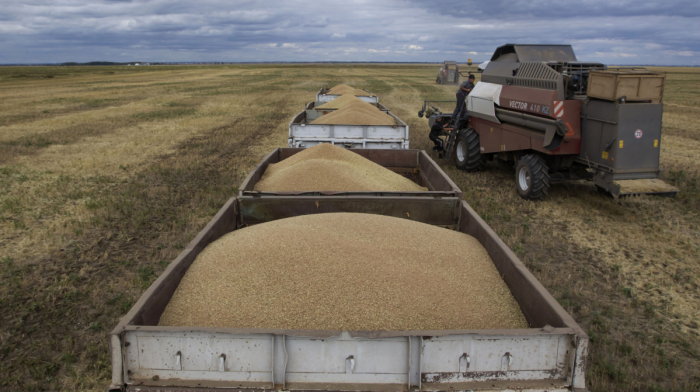


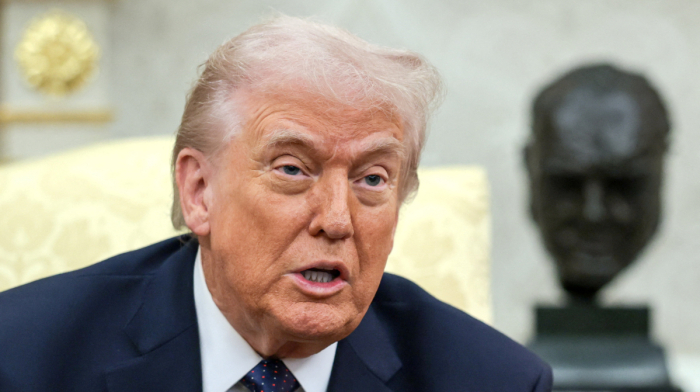
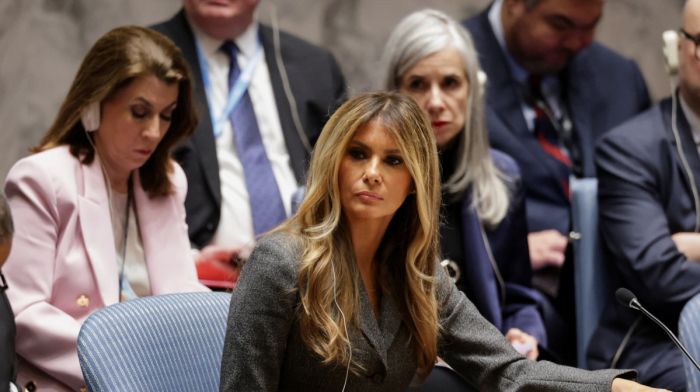


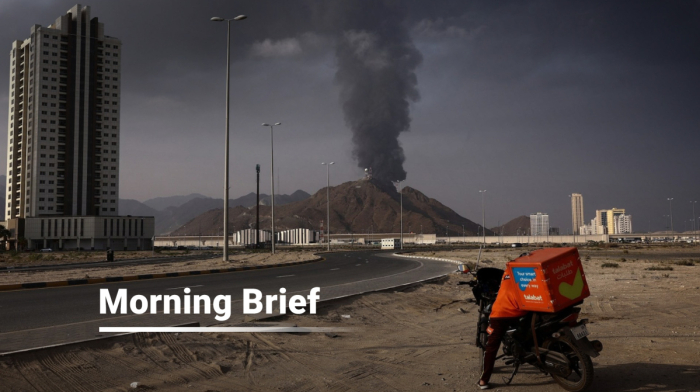

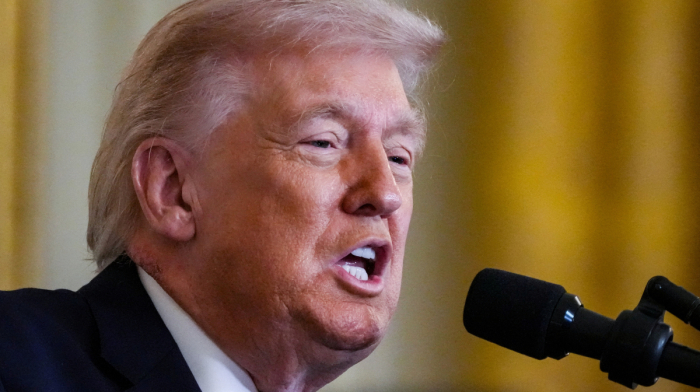




What is your opinion on this topic?
Leave the first comment